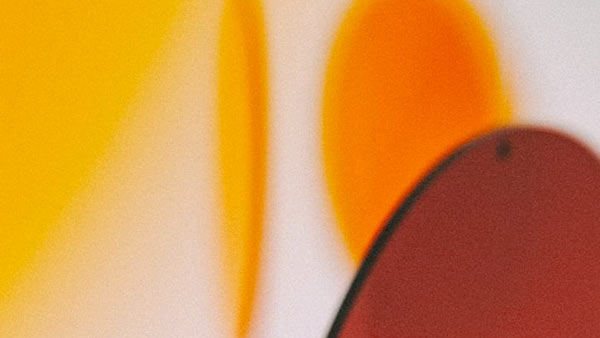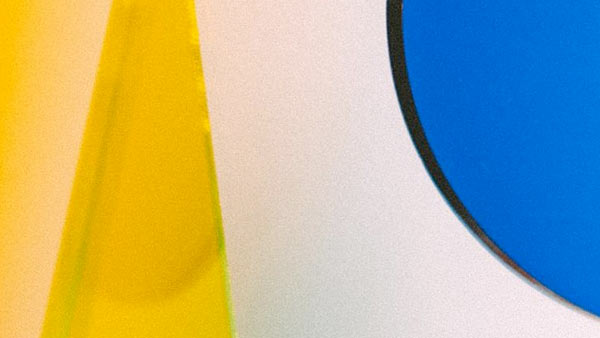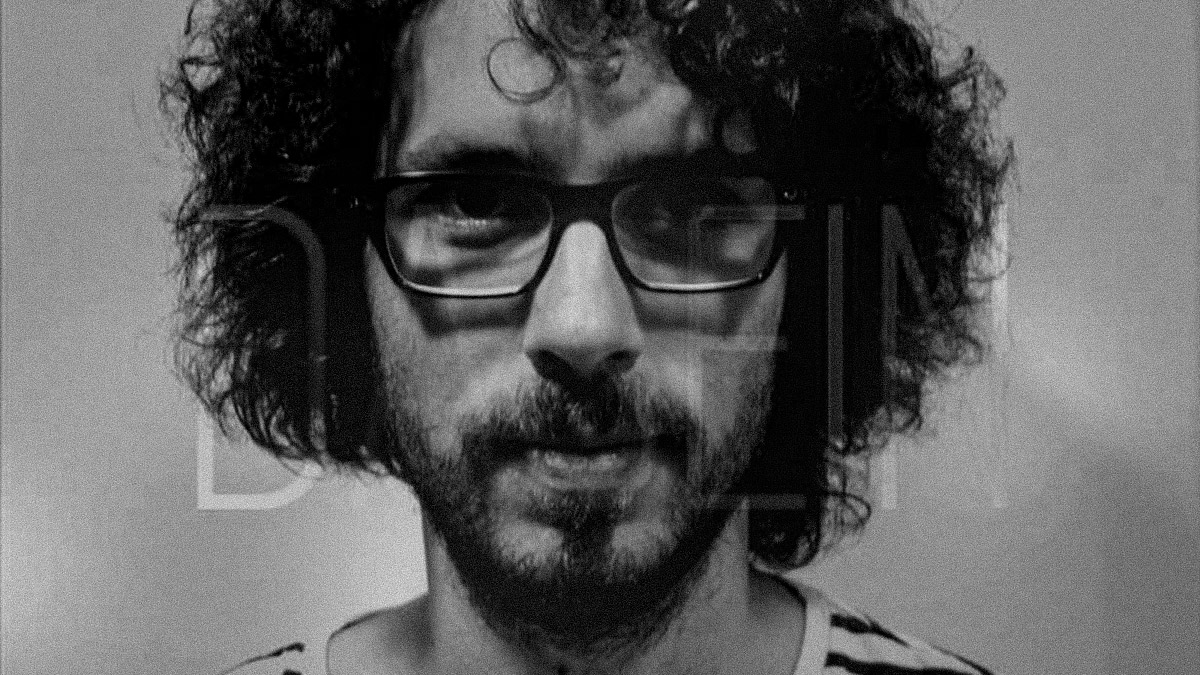Dock Of The Bay dialogues
The Dock of the Bay Dialogues are a space for conversation with different guests from the fields of film and music. A friendly and close space where, for an hour and a half, in addition to listening to their proposals, you can talk directly with them. Two days, two dialogues.
You are interested if you are a professional in the sector (cinema, video, music) or if you are a student. In addition to any restless mind lover of cinema and music.
Thanks to the support of the Department of Culture, Tourism, Youth and Sport of the Provincial Council of Gipuzkoa and the collaboration of Musikene.
Outside the field of action: Cultural Reboots
The 2021 Dialogues start from a question that, with better or worse fortune, is dominating all conversations about the future of music and cinema: How to restart our future? A strange scenario that implies rethinking some of the concepts that neoliberal language had been implanting in the last two decades and that, in the process of constant acceleration prior to the pandemic, we had barely been able to consider. Indeed, for many years we spoke of consuming culture -and not of nourishing ourselves with it-, of generating content -and not works, texts, or experiences-, or of monetizing activities -and not of valuing them. After the collapse of the sector, the intuition of a certain nostalgia has fallen upon us: the nostalgia of being spectators again, of participating again in collective cultural rituals (concerts, festivals, debates, exhibitions), of working -with all the weight of the verb- in the field of creation, exhibition, distribution, criticism. A certain nostalgia that has revealed, on the one hand, the weaknesses and frailties of the cultural system prior to the pandemic, but on the other, the absolute relevance of cultural events in our daily lives.
In 2021 we already know that there is a strong popular will to recover music, cinema, art and their spaces. We also know that cities cannot be configured without such spaces, that the collective needs spaces to exercise its memory, to leave its word, or simply, so that a memory, an embrace, a moment of astonishment can arise. In the same way, we know that market mechanisms have proved to be insufficient and have generated even more precariousness and uneasiness in the so-called "cultural professionals". It is time, therefore, to generate the question of the cultural outfield: what was on the other side of the big media, of the neon letters, of the best-seller (consumed?) lists, of the "unmissable events" and of what, as those in charge of social networks say, "you can't miss". In 2021 we already know that we can miss many things, but above all, that the challenge is to take care of a way of working, producing, recording, exhibiting, programming, writing, filming or interpreting that, precisely because of its courage and freedom, imposes more than ever the commitment with new audiences, with institutions, with the key ideas of the social function -that is, intimate- of art.



